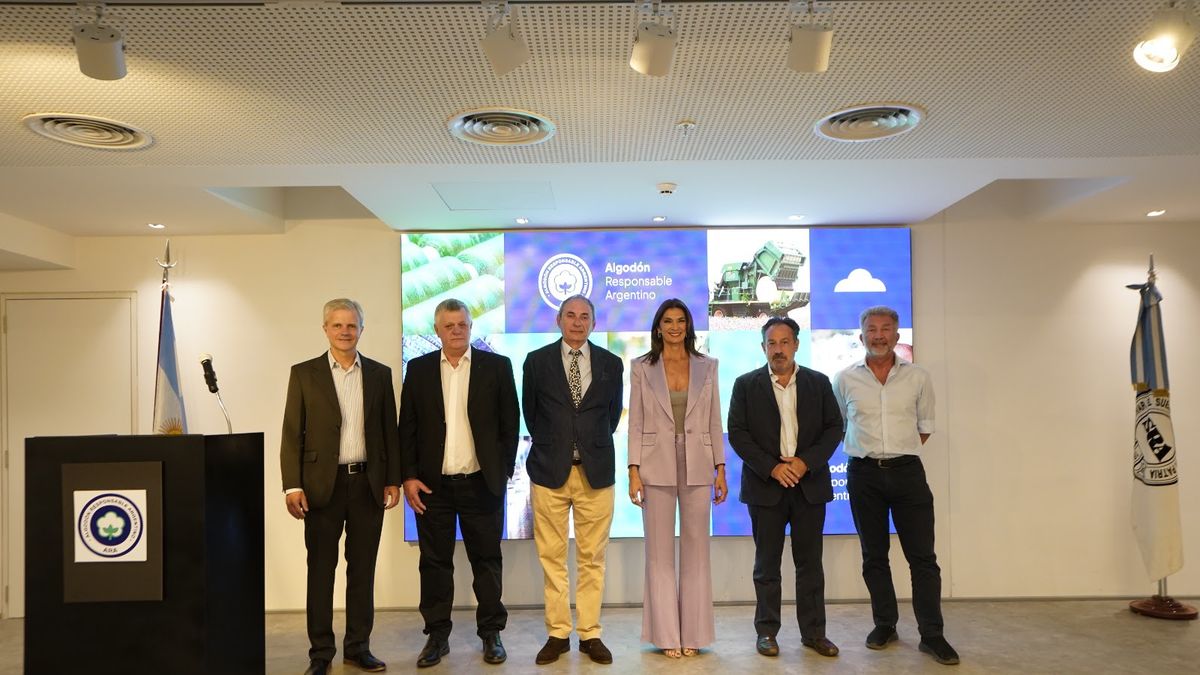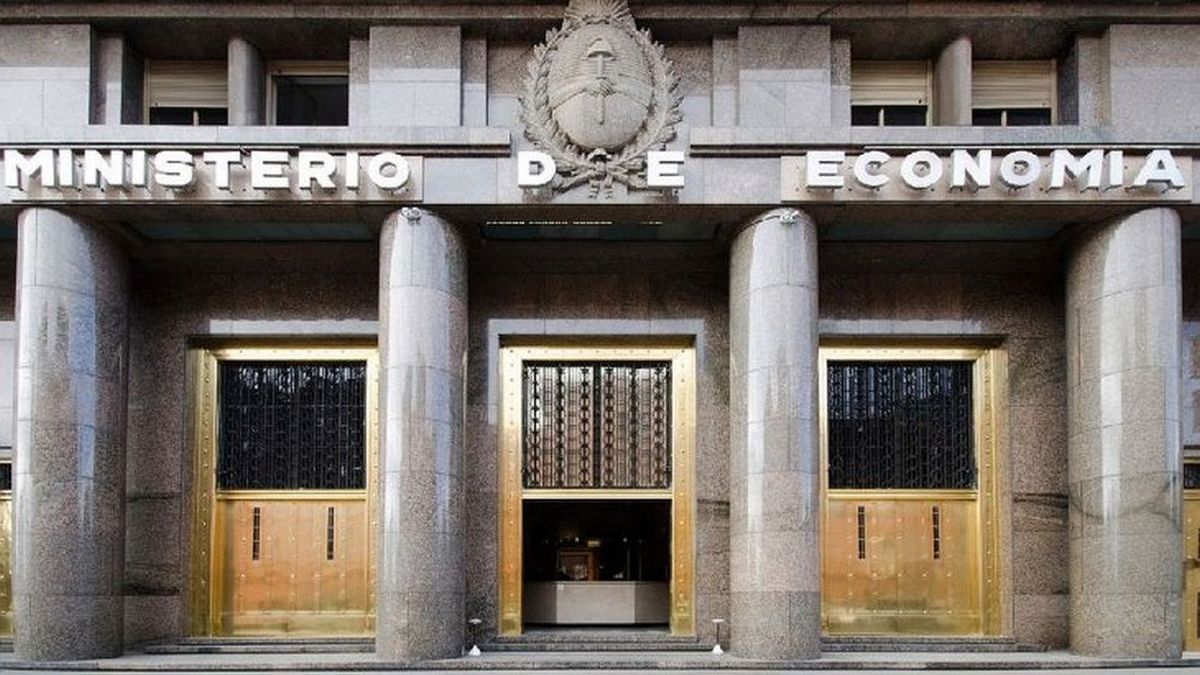The Argentine Association of Cotton Producers presented the brand in society Argentine Responsible Cotton (ARA), a brand that certifies garments that are made with sustainably produced cottonrespecting the environment and supporting the communities involved in its cultivation and production.
The initiative seeks to transform the textile industry in Argentina and adapt to the demands of the international market. At the moment, more than 30% of cotton fiber and its derivatives (yarns and fabrics) are marketed worldwide with an international certification called BCI (Better Cotton Initiative).
The country that took the lead in this regard in the region was Brazilwhich has a large cotton production.
During an event that took place in the auditorium of the Argentine Rural Society, which was attended Scopethe entities and companies involved in this initiative explained that each garment certified by ARA not only complies with international quality and sustainability standards, but also connects people with more conscious consumption.
“By choosing products made with ARA, consumers support sustainable agriculturefavoring good agricultural practices that take care of both the environment and the people who work in production,” say the promoters of ARA.
Héctor Linke, president of the Argentine Association of Cotton Producers (AAPA), said: “ARA is the path of cotton production and the showcase that has to take our cotton to the world.”
For his part, Marcelo Falco, manager of AAPA, said: “This initiative reflects the Argentine cotton sector’s commitment to sustainability, positioning the country as a responsible supplier in the global market.”
How to obtain responsible cotton certification in Argentina
The ARA certification is granted by the Argentine Association of Cotton Producers. It already has 7 associated producers that represent some 21,000 planted hectaresas explained to Scope an executive of the Association.
The system operates as follows: registered producers receive periodic audits to verify all aspects of responsible and sustainable production. They pay a membership for those audits that endorse the certification, which then is compensated at the other end of the value chain by the companies that manufacture garments with that cotton.
Among the companies attached to ARA are TNPlatex and Karatex, owned by businessman Teddy Karagozián; Santista, Alpargatas and Manuel Arslanián Graphics and Textiles.
Teddy Karagozián spoke on behalf of the textile companies, highlighting that ARA “It is not an initiative that aims at the heart, it is a question of the pocketbook. “It is a tool to improve the profitability of the sector”.
“Before, the dilemma in our industry was costs or quality. Instead, now they are factors that they go hand in hand. Higher quality lowers costs and improves profitability,” he added.
“If you had told me about ARA ten years ago, I would have thought that it would increase production costs. Today, I know that ARA will reduce them throughout the chain: from the cotton part to the clothing. This is its importance for the textile industry: it works on cotton, but its impact encompasses the entire process. By knowing where this cotton comes from, the processes are unified,” he concluded.
In addition to strengthening the national cotton chain, ARA also promotes local development by promoting practices that prioritize equity, productivity and respect for the environment.
In addition, it opens new opportunities in international markets, which are increasingly interested in responsible products that reflect a commitment to sustainability.
In that sense, Carlos Almiroty, president of the Argentine Cotton Chamber, said: “We support this initiative because it represents a fundamental milestone for our cotton. Responsible cotton is a matter of order. All our cotton should, in a short time, be ARA. “We must give it the necessary boost so that all our producers quickly register and support our great textile industry.”
In his brief speech, Almiroty was stinging regarding the macroeconomic conditions that affect cotton production and exports. “I’m not going to talk about exchange rate delays because I don’t want to go to prison,” he commented in an ironic tone.
For his part, economist Federico Poli, executive director of the Fundación Observatorio PyME, stated: “A central point for the reconversion and expansion of the entire textile value chain is to have a quality mark that certifies our cotton. We are a medium-sized cotton country, seventh in planted area and eleventh in production, which is no small feat.. However, we have a debt: we do not have quality certification in a world that demands traceability. ARA positions us with an advantagerevaluing natural fibers such as cotton over synthetic ones.”
The opening was led by the president of the Argentine Rural Society, Nicolás Pino, who in his capacity as host celebrated the presence of cotton producers at the event. “It is essential for the future of our country that the countryside and industry pull together”he pointed out.
In the end, in the middle of a cocktail with rural menu of wine and gourmet empanadassome producers and manufacturers mixed in groups to talk about current events in the sector. The references that Almiroty had made in his speech they did not go missing. The exchange rate delay and the indiscriminate opening of imports is a mix that worries textiles. “If this situation worsens, they are going to have to take us all to prison,” commented an attendee, glass in hand.
Source: Ambito
David William is a talented author who has made a name for himself in the world of writing. He is a professional author who writes on a wide range of topics, from general interest to opinion news. David is currently working as a writer at 24 hours worlds where he brings his unique perspective and in-depth research to his articles, making them both informative and engaging.




